Mold Testing
Mold testing can be an important component of home inspections, but its significance can vary depending on specific circumstances.
Health Concerns:
Mold can pose significant health risks, especially for individuals with allergies, asthma, or compromised immune systems. Some molds produce mycotoxins that can be harmful when inhaled. Mold testing can identify the presence of mold, helping homeowners make informed decisions about their living environment.
Hidden Mold:
Mold can grow in hidden or inaccessible areas of a home, such as behind walls, under flooring, or in crawl spaces. A visual inspection alone may not reveal all the mold present. Testing can help identify hidden mold issues that might otherwise go unnoticed.
Preventing Structural Damage:
Mold can weaken building materials over time, potentially leading to structural damage. Identifying mold early through testing can prevent costly repairs down the road.
Allergen Reduction:
Even non-toxic molds can trigger allergic reactions in some people. Mold testing can help homeowners identify and address mold problems, reducing allergen exposure and improving indoor air quality.
Disclosure:
In some regions, real estate transactions may require the disclosure of mold issues. Having documented mold test results can be crucial for both buyers and sellers during the negotiation process.
Insurance and Liability:
Mold damage may not always be covered by homeowners’ insurance, or coverage may be limited. Having a mold test can provide evidence of the extent of the problem and help with insurance claims.
Peace of Mind:
Homebuyers and current homeowners may want the peace of mind that comes with knowing their home is mold-free. Mold testing can provide reassurance or identify areas that need attention.
It’s important to note that not all homes require mold testing during a standard home inspection. The need for testing should be assessed on a case-by-case basis, taking into account factors like the climate, the history of water leaks or flooding, and any visible signs of mold.
Professional mold testing is typically conducted by certified inspectors who can collect samples, analyze them in a laboratory, and provide comprehensive reports. If mold is found, homeowners can then take appropriate steps to remediate the issue and ensure a safe living environment.
